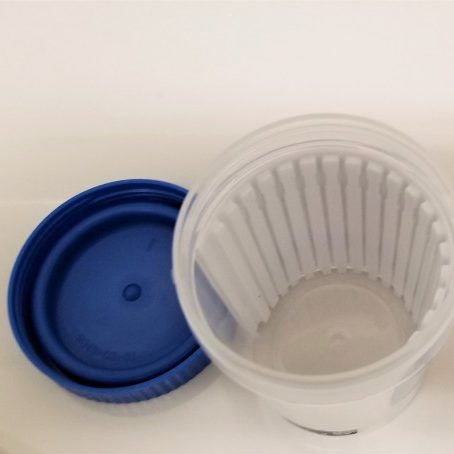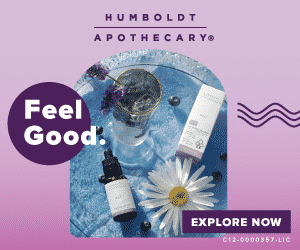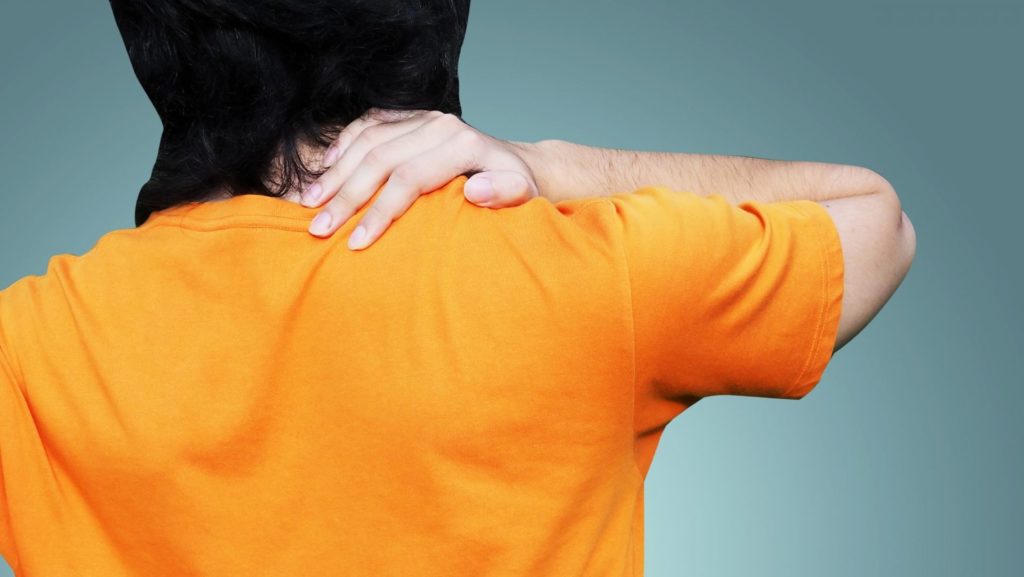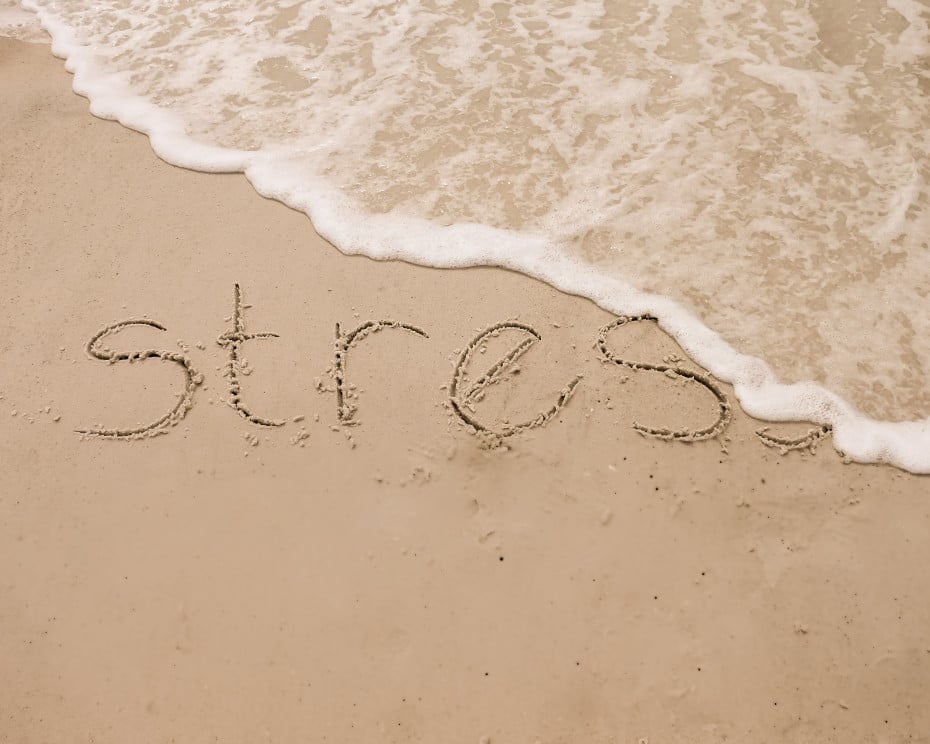by Deborah Malka MD, PhD
Read Time: 3:00min.
“If I use a cannabis product, will it show up if I get drug tested?”
In addition to questions about side effects of cannabis use, this is one of the most common questions I’m asked. And, listen, I get it. You don’t want your every-so-often cannabis use to negatively impact your career. It’s a completely normal concern, and you’re not alone. Here’s what I can tell you…
Cannabis, specifically the use of products derived from a cannabis sativa plant that has a THC content level greater than 0.3% is against federal law since it is classified as a Schedule I drug. That’s why employers often test for it. And when you use a product with that level of THC, it will show up on a drug test.
What about CBD?
It depends on where the CBD product was derived from. Pure CBD will not show up on a drug test. However, CBD derived from hemp may show up on a drug test if you use a large enough quantity, as the small percentage of THC in hemp strains can add up. While using that much is an exceptionally rare occurrence, it’s still something I want you to be mindful of. If you use hemp CBD in lower quantities it is usually safe for a drug test.
This is not to be confused with CBD-rich cannabis (marijuana), which, by definition, has greater than 0.3% of THC in it, which increases the likelihood of testing positive.
Why does THC level matter?
Well, driving under the influence of cannabis is against the law so you can be pulled over and tested if you’re driving poorly for any reason. Also, many employers require pre- and during-employment drug tests. Some employers will exempt cannabis from the test if it is legal in that state, and/or if you have a medical recommendation.
If you are using a product with THC, how long will you test positive after you’ve stopped?
This is totally dependent on how much you were using. Interestingly, the standard employer drug test doesn’t actually test for THC itself. What it does test for is a metabolite that the body creates after THC use called THC-COOH. The main reason? THC-COOH stays in your body longer than THC itself. So, even after you’ve stopped using THC, the metabolite may still be present in your body and yield a positive test. THC metabolites can stay in your system for up to 3 days after even minimal use. If your intake is heavy, these metabolites get stored in fat tissue, and are slowly released back into your system after you stop. This can take anywhere from one week to 2 months to totally clear out. Some reports of up to 90 days in extremely high chronic use have been reported. There is also a blood test which tests directly for THC, but this is rarely used, and I’ve never heard of it being used by employers. In this case, THC may remain positive for several-to-many hours, depending on whether you’ve inhaled or used an edible.
How can you make sure that a CBD product doesn’t contain THC?
Read the product information. It may not always list THC even if it’s present in only small quantities. See if the CBD is listed as full-spectrum, broad-spectrum, or pure CBD isolate. Full-spectrum CBD products contain all of the compounds that occur naturally in the plant including other cannabinoids such as THC. If it says its hemp-derived it should contain less than 0.3% THC. Broad-spectrum CBD contains additional compounds found in the plant, including terpenes and other cannabinoids, but with the THC removed. CBD isolate is pure CBD, with nothing else.
It’s always a good idea to read labels because you also want to know if those other good components are present (the terpenes and flavonoids), and that pesticides, mold and heavy metals are not!
To conclude…
The fact is that as long as cannabis is federally classified as a Schedule I drug, there will likely be drug testing to determine if people are using it. However, as the stigma of cannabis use wears off (and we are seeing that across the nation), we may begin seeing more and more employers bypass drug tests that flag THC. What may come first is cannabis being reclassified to a Schedule II drug status like narcotics. When that happens, a medical prescription would then be a legal way to use it, and not have to worry about the cannabis you use for your personal well being negatively impacting your career.




